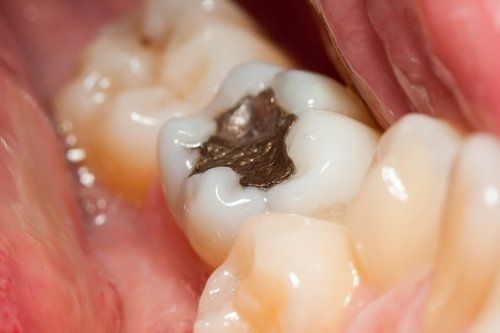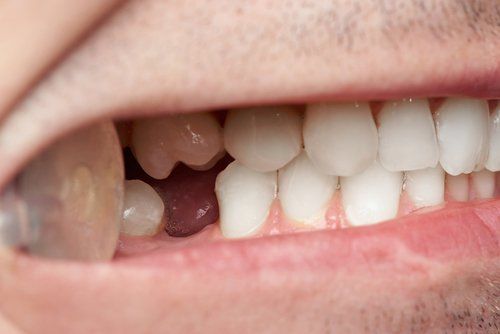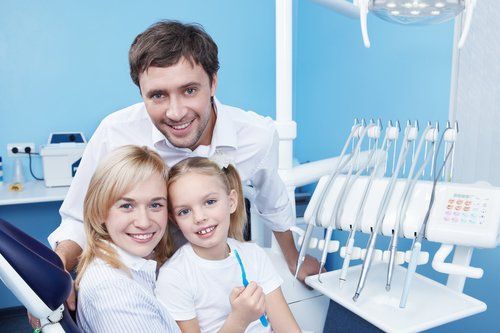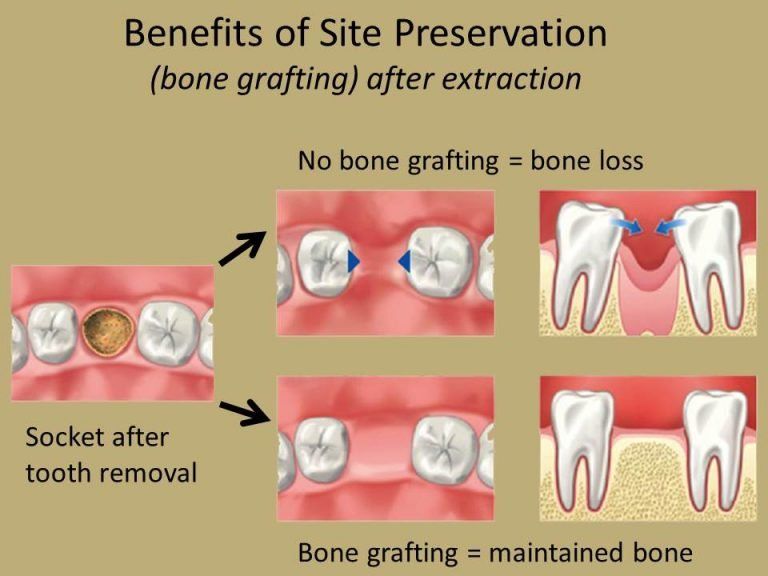Oral Cancer: What Should I Look for?
Scott • November 13, 2017
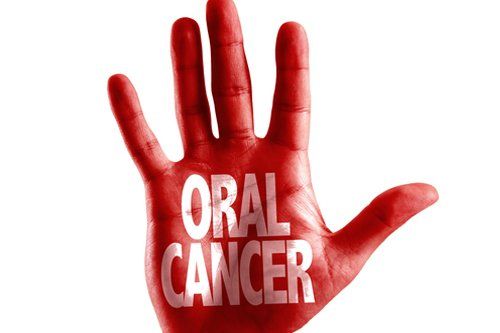
An estimated 40,000 people in the United States were diagnosed with oral cancer in 2014. The American Cancer Society also states that men are twice as likely to develop this type of cancer than women, and those who are over the age of 50 face the greatest risk.
Oral cancer, which encompasses all cancers affecting the floor of the mouth, lips, tongue, cheeks, soft and hard palate, sinuses, and pharynx, can be life-threatening if not treated early.
Early diagnosis is key to the successful treatment of oral cancer. Here are the signs and symptoms you need to watch out for:
- Lumps or thick patches in the throat and mouth.
- Mouth sores that do not go away.
- Swellings in the mouth and throat.
- The feeling of an object stuck in your throat.
- White and red lesions on your lips and mouth.
- Tenderness or pain anywhere in your mouth.
- Numbness, pain or tenderness in the mouth.
- Difficulty moving your tongue or chewing.
- Problems with speaking, swallowing or chewing.
- A lingering sore throat.
- Chronic hoarseness in your voice.
- Loose teeth without any apparent cause.
- Rough spots or crusts in the gums, lips, and other areas in your mouth.
- Ear pain.
- Dramatic weight loss without a known cause.
- Sores in the face, mouth or neck that do not heal in two weeks.
- Unexplained bleeding in the mouth.
Based on the data from the National Institute of Dental Craniofacial Research, more than half of oral cancer patients in the U.S. survive after 5 years. The earlier it is caught and treated, the better the chances of successful treatment.
How Does Oral Cancer Develop?
The exact cause of oral cancer has not been established. However, there are factors that can increase one’s risk for this disease.
Tobacco use is considered a major risk factor for oral cancer. According to the Mouth Cancer Foundation, 90% of patients with this type of cancer have consumed tobacco at some point in their life.
Heavy consumption of alcohol is also another contributing factor, and especially so when combined with tobacco.
Other risk factors include age (over 40), poor diet (deficient in veggies and fruits) as well as having contracted HPV16 (an STD).
We regularly perform oral cancer examinations as part of our routine checkups. We will visually check your face, lips, tongue, and mouth for signs of problems, as well as palpate the jaw and neck area. If cancer is suspected, our dentist will recommend a biopsy so the disease can be treated as soon as possible.


